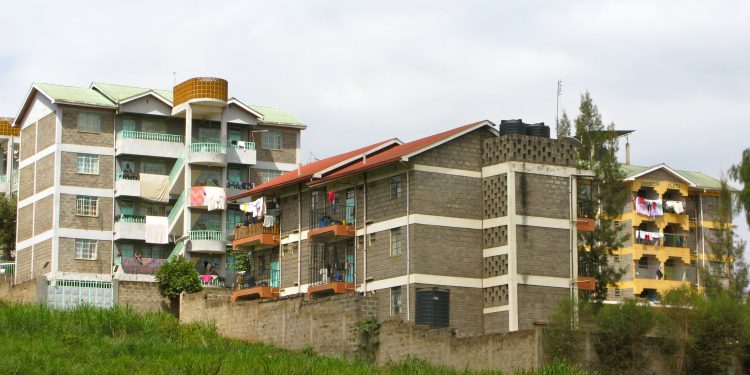Market experts are not comfortable with the Ksh10,000 maximum fine or a two year imprisonment retained as a penalty for misappropriation of housing levy.
The penalties are not deterrent enough, says PricewaterhouseCoopers in its Tax Alert: The Housing Fund Regulations, 2019.
“The fine is unlikely to be an effective deterrent. We were hoping that the penalty clause would be enhanced to give confidence to members that their funds will be safe,” said PwC in the Tax Alert statement.
PwC has also questioned the clause that requires voluntary members to still make a monthly contribution of Ksh100 towards the Fund’s maintenance costs as it creates inequity as employees are not required to make a similar payment.
“This may discourage voluntary membership, especially in the informal sector,” added PwC.
Other contentious issues that have not been addressed are: lack of clear “income” definition (whether it refers to basic salary only or whether it includes non-cash benefits as well), there is no specific tax incentives provided to employers, and succession framework.
The Housing Fund Regulations, 2018 was gazetted on 21 December 2018 by Cabinet Secretary for Transport, infrastructure, Housing, Urban Development and Public Works James Macharia . Gladly, some regulations were changed after a number of proposals from stakeholders were taken into account in the final Regulations.
One of the regulation amended is the definition of a ‘dependent’ which now reads: “dependent” – a ‘dependent’ is a relative of the deceased or a person who survives the deceased and who was at the time of death a spouse, child or a nominated beneficiary.
Previously, the draft Regulations contained a restricted definition of the term where a child to the deceased was only considered a dependent if they were below twenty-five years of age.
Also, the categories of affordable housing schemes have been expanded to include employees earning more than Ksh100,000 per month.
The introduction of the ‘middle to high income housing’ category means that all workers are now eligible for affordable housing and they can enjoy other facilities such as low interest loans from the Fund.
In response to concerns raised by various stakeholders, the Regulations now exempt foreign nationals working in Kenya from contributing to the Fund.
The provision permitting members to access their contributions after five years of making uninterrupted contribution for purposes of offsetting housing loans, security for mortgages or for housing developments has been deleted.
Therefore, members will only access their contributions if they qualify for affordable housing or where they withdraw their contributions after 15 years of contributing or upon retirement.




